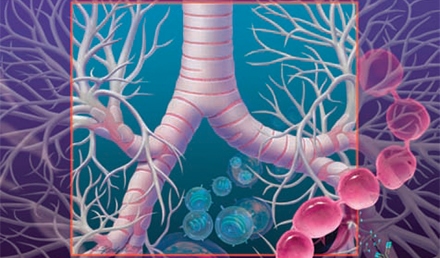Urgent message: The accessibility of urgent care makes it a prime venue for patients preparing for international travel and patients who may have become ill due to exposure to infectious agents while traveling overseas. Francine Olmstead, MD, FACP Whether a patient visits an urgent care center for an infection or a primary care physician for follow-up, every healthcare provider should inquire about anticipated overseas travel. In addition, if a patient is being evaluated for a …
Read More





